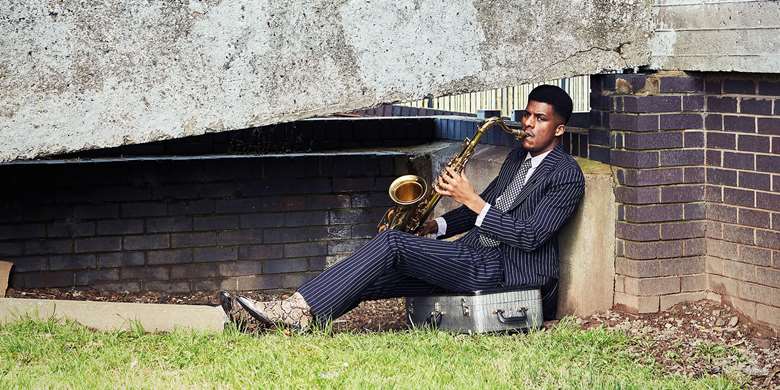Xhosa Cole: Young King Cole
Tony Benjamin
Tuesday, November 9, 2021
Since winning the 2018 BBC Young Jazz Musician of the year award, saxophonist Xhosa Cole has headlined London’s major-league jazz clubs, picked up further honours and built an impressive set of sideman and session credits – and recorded an acclaimed debut album. Not bad for a 24 year old! Tony Benjamin met him…


Register now to continue reading

Thank you for visiting Jazzwise.co.uk. Sign up for a free account today to enjoy the following benefits:
- Free access to 3 subscriber-only articles per month
- Unlimited access to our news, live reviews and artist pages
- Free email newsletter